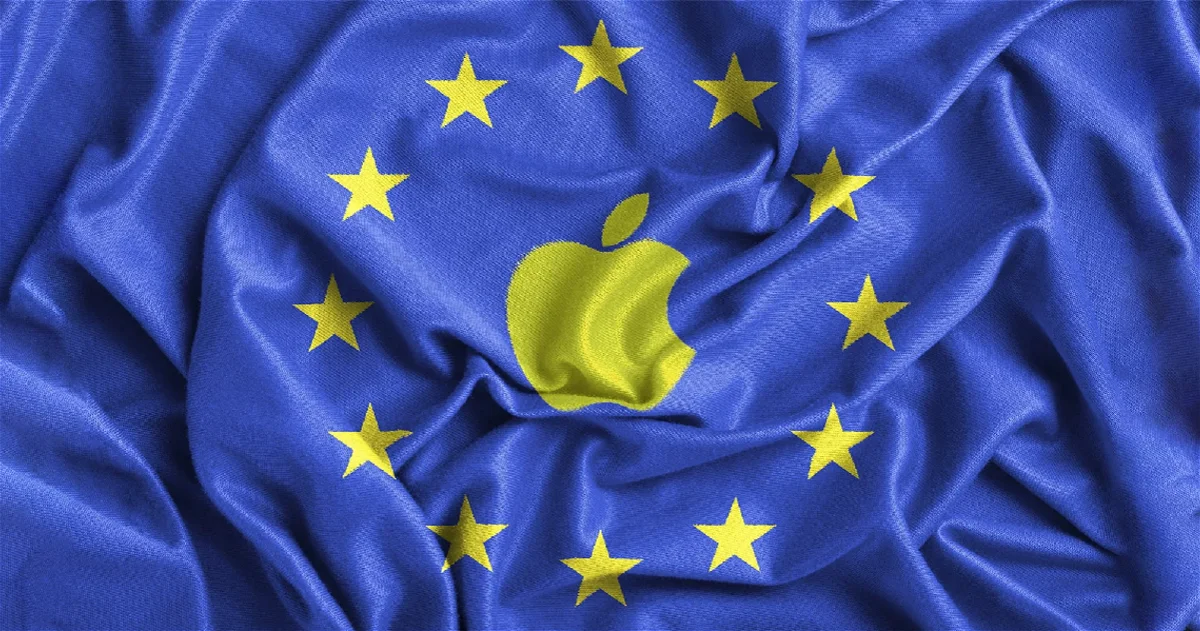The EU does not comply with the universal charging standard!

After several years of debate, the European Union has ended the iPhone as we know it, thanks to the requirement for a universal charging standard. However, this is far from the only change that the organization requires for certain technological devices. Thus, a new proposal obliges manufacturers to offer batteries with more autonomy and spare parts for five years.
According to the report shared by MacRumors, batteries must withstand at least 500 full charges without deteriorating below 83% capacity (i.e. approximately 2 years under normal conditions of use). Whereas in the case of spare parts, There must be at least 15 different components available.
The collections of draft proposals submitted to the European Commission also take account of other requirements such as energy efficiency labelindicating the expected battery life and other characteristics, such as the drop resistance of the device.
EU opts once again for tech gadgets
Regarding the proposal, some manufacturers were quick to express themselves. Most argued that doing more parts available actually increases plastic consumption
Considering the time passed until the law was approved for the use of the USB-C connection as a standard in the member countries, it is clear that this type of proposal takes several years before being approved. However, this time Apple anticipated several of the requirements.
Currently, owners of devices with the bitten apple logo can obtain service and parts from Apple service providers, including Apple retail stores and independent service providers, for at least five years from when the product was last made available by Apple. Not to mention the new benefits of iPhone and Mac home repair programs released this year.
In the case of software updates, which are also covered by the proposal, Apple offered software support for iPhones for nearly a decade after launch, unlike Android devices.








